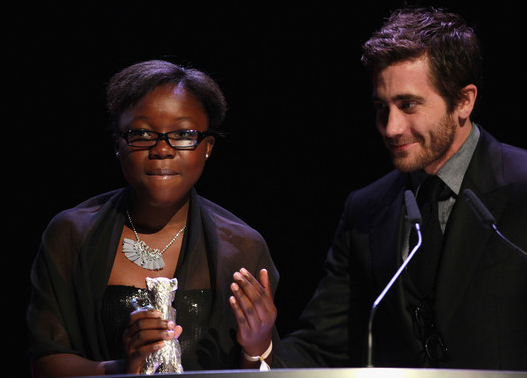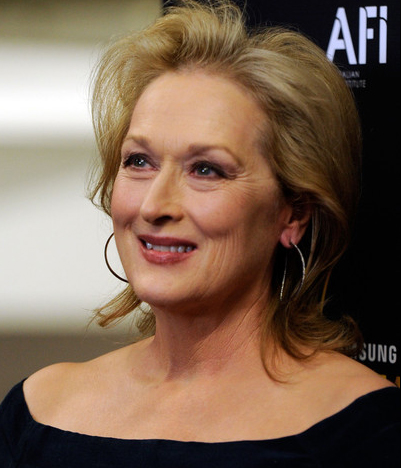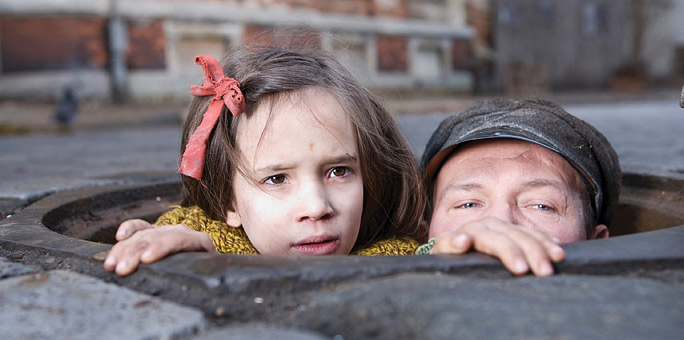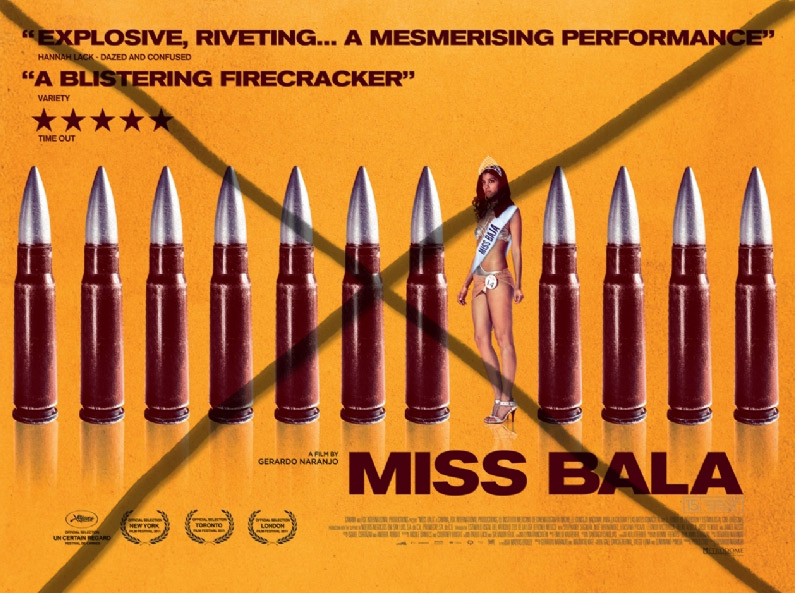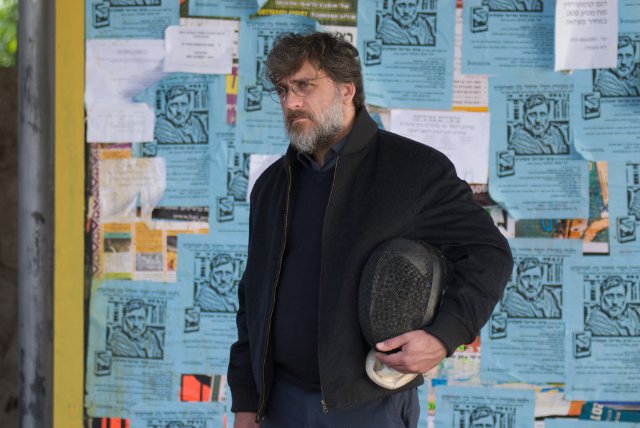Another Link
 Sunday, February 19, 2012 at 2:00PM
Sunday, February 19, 2012 at 2:00PM I Need My Fix Michael Fassbender to appear tonight... any moment now I guess given the time difference...on Top Gear (in the UK)
Movie|Line details all the messy pre-release problems surrounding John Carter. I hope to see it soon. I would so much rather see movies than hear about their production for months beforehand.
Rope of Silicon 'the ABCs of cinema'. How many of these 26 movies can you name. I had a tough time since it moves so fast (one minute) but it's a cool animation.
Coming Soon gets its hands on the diaries of Abraham Lincoln Vampire Hunter

Associate Press Dame Judi Dench is fighting blindness via macular degeneration :(. Having scripts read to her now.
Guardian interviews BAFTA's rising star winner Adam Deacon who is an unknown on these shores.
Serious Film our Michael C reveals his Best Actress ballot. We share three choices.
Animation Mag the theatrical run of the Oscar Shorts package has grown 80% in attendance over the past 7 years. Good to hear.
The Wrap shares the rumor that Jennifer Aniston nixed topless moment in the comedy Wanderlust out of consideration for new boyfriend Justin Theroux. I refuse to believe that Theroux is that touchy about nudity... especially since he's done it himself on my TV screen.
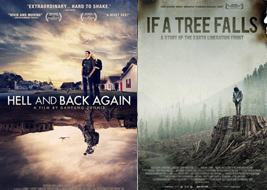 A Streaming Oscar Moment
A Streaming Oscar Moment
If you understood Carrie Fisher as a kindred spirit when she famously said "Instant gratification takes too long." you should know that there are two Oscar nominees currently streaming here at Netflix.
- If a Tree Falls... the documentary feature nominee is on Netflix
- Hell and Back Again another documentary feature nominee is on Netflix
- OSS 117: Lost in Rio is not a nominee but gives you a chance to see Jean Dujardin strut his stuff... with sound!
- Kramer Vs Kramer in case Meryl loses again on Sunday and you need a good cry. That one's a multiple hankie effort and I know some of you haven't seen it because I read your Streep Ranking Ballots
- And finally...
Oh damnit. I was going to list a Woody Allen documentary streaming on PBS but turns out it was only doing that for five days. This is the problem with "instant watch" anywhere and everywhere. SO inconsistent. It's always peek-a-boo. Clearly the distributing channels of entertainment have not quite caught up with audience's "gimmegimme" modern tendencies.
Finally...
Appropos of nothing, I'm kind of obsessed with this music video at the moment Henry Wolfe's "Someone Else". Sure it's almost a year old but I shall not be constricted by currency with my flash obsessions.
The Actress Brit Marling (Another Earth) stars -- you'll remember she just made the Vanity Fair rising stars cover -- and it's directed by Terri's writer/director Azazel Jacobs. I love music videos that treat themselves like short films and get how to take snapshots of larger stories and condense them. Henry Wolfe is, of course, Meryl Streep's son; you can totally see it in his profile. It probably drives the children of famous people crazy that people always mention the famous person they're related to but I really love his music and I might not have ever discovered him if I hadn't been chasing Streep info one day a few years ago and chanced upon one of his performances.



